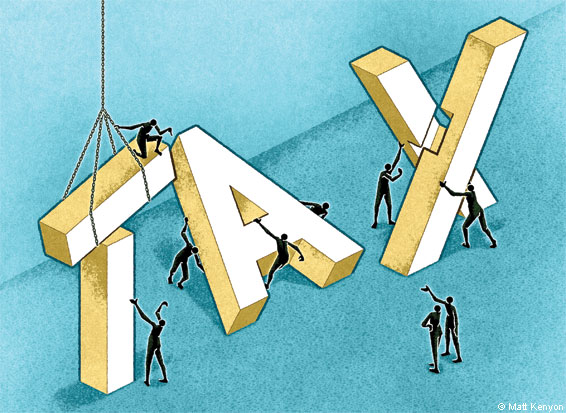Yes, trumpets Lawrence Summers in today’s Financial Times. Presumably, anyone who pays any attention to the Washington scene knows Larry Summers. Just in case you haven’t been paying any attention for the past 20 years, the bullet point version of Summers’ CV might read as follows:
- Harvard Professor of Economics
- Chief Economist of the World Bank
- Secretary of Treasury under President Clinton
- President of Harvard University
- Chief Economic Adviser to President Obama
Few people – economists, policy analysts, or politicians – defend the current tax codes filled with huge inequities in both horizontal and vertical directions (as argued here.) Tax “loopholes,” tax expenditures (CBO estimates), or societal preferences – if you care to be generous – reduce taxable income by at least $800 billion per year. Stated differently, if all special provisions (i.e., everything but the personal exemption) of the U.S. tax code were eliminated, income tax revenue would rise to at least $2 trillion and cover about two-thirds of the estimated U.S. Federal deficit for 2012.

So what makes 2013 so special? Summers gives a variety of intriguing answers including the following:
- President Bush’s tax cuts expire
- Congress faces its mandated sequester of $1.2 trillion spending for the next decade
- Congress must again vote on the legally binding Federal borrowing limit
- Fundamental reform can happen in the year after a Presidential election
- The last serious tax reform took place in 1986 (when a Republican President reached agreement with a Democratic legislature)
As Summers argues,equity, efficiency, and budgetary reasons all dictate that we need to fundamentally reform the tax structure. The longer we wait, the more difficult the choices will be. If (when?) the rest of the world decides it no longer has a voracious appetite for U.S. Treasuries, our choices will be much more painful. He argues, and I agree, a good place to start would be the recommendations of the Simpson-Bowles Commission appointed by President Obama, which unfortunately in my view, he chose not to back vigorously.